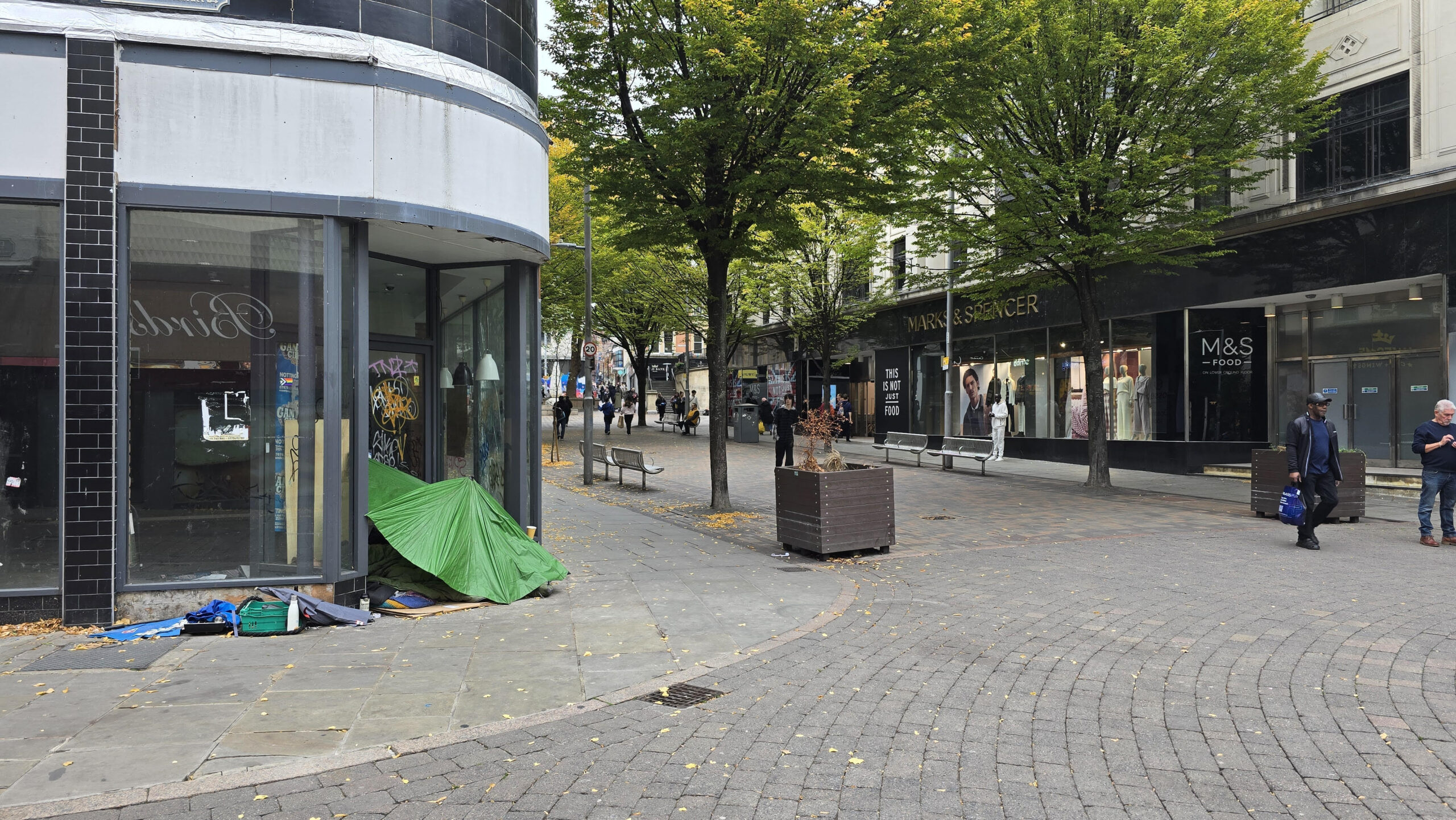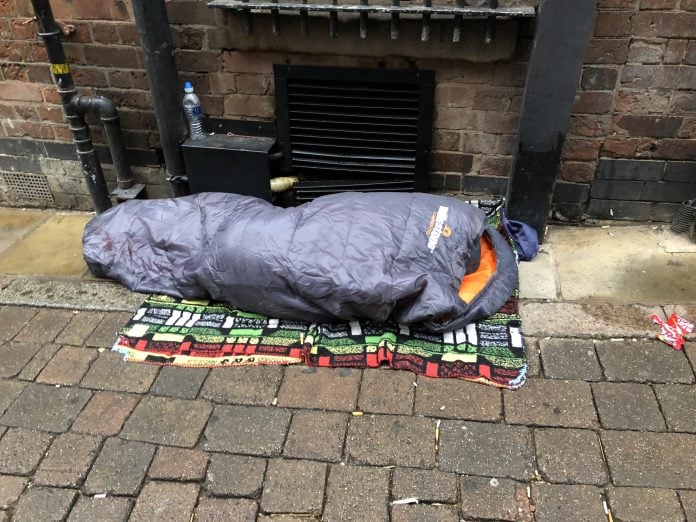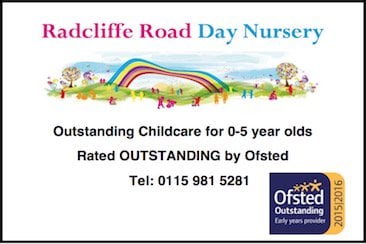A leading charity says the Government’s plans to tackle homelessness “can’t come soon enough” after deaths in Nottingham doubled in a year.
New figures have revealed the city had one of the highest rises in the number of homeless deaths in the whole of the UK.
The Museum of Homelessness, which has compiled data, says 22 people – who were experiencing some form of homelessness – died in 2024.
This was up from 11 deaths in 2023, and seven the year before that.
The statistics include people sleeping rough, as well as those placed in emergency accommodation and in other insecure settings.

Each death was verified by a freedom of information request, coroners’ report, charity, or family member.
Framework, one of Nottingham’s leading homelessness charities, says a new panel is now being set up in collaboration with Nottingham City Council to review the deaths of people sleeping rough in the city.
The charity’s new chief executive, Claire McGonigle said: “The Museum of Homelessness does an important job in keeping the issue of deaths in the homeless community in the public consciousness.
“It is an indictment of our society’s values and public policy that the average age of death in the homeless population is around 40 – about half that of the population as a whole.
“As with homelessness itself, the reasons for a homeless person’s death are complex, but we can say for sure that the trauma that often leads to homelessness, and the physical and mental health issues and substance use issues that may exist alongside it, are major factors that increase the risk to life.
“Many of the homeless people who die are victims of severe and multiple disadvantage – factors including homelessness, mental health issues, substance use issues, involvement with the criminal justice system, or exploitation and physical abuse.”
In 2024, The Museum of Homelessness says it was told about 1,611 people who died whilst homeless across the UK – a nine percent increase in the total number of deaths across the UK compared with the previous year.
The investigation, published on October 8, found that 55 percent of people who died whilst homeless in 2024 experienced “deaths of despair”.
These are categorised as those that are caused by suicide, drugs and, or, alcohol; and aims to draw attention to the social exclusion, isolation and desperation that often surrounds them.
Framework says its own analysis shows the highest proportion of deaths in Nottingham were due to a long-term condition or the complication of such a condition.
Ms McGonigle says this “speaks strongly to the health challenges that entrenched poverty causes”.
The charity says a number of innovative services are aiming to better support people experiencing homelessness, and drug and alcohol services have helped keep the proportion of people dying for drug-related reasons in Nottingham “relatively low by comparison with the national average”.
“One example of the innovative practice to address these issues is the award-winning respiratory clinic set up by Nottingham University Hospitals Trust and Nottingham Recovery Network (NRN), the partnership managed by Framework to deliver drug and alcohol support and treatment in Nottingham,” Ms McGonigle added.
“This monthly clinic for homeless people at the Wellbeing Hub off Maid Marian Way addresses underlying health issues with life-changing and life-saving outcomes.
“NRN is achieving tremendous results in engaging with more people and getting more people into treatment, especially in the homeless community. For instance, NRN’s Rough Sleeper Drug and Alcohol Treatment Team (RSDATT) consistently works with around 140 individuals who are rough sleepers or vulnerably housed and in need of support with their substance use and other issues.
“Framework continues, in partnership with local authorities and a wide variety of other agencies, to build additional housing, and through its street outreach team, gets people off the streets and into accommodation.
“In addition, to increase shared understanding about deaths in the homeless population, Framework is part of a new panel being set up by Nottingham City Council to review deaths among rough sleepers.
“In this situation the government’s plans to accelerate efforts to tackle the root causes of homelessness can’t come soon enough.”
The figures have been put together in a report by the Museum of Homelessness’s Dying Homeless Project.
The group says the report does not include any estimates and that it is the only organisation collating the figures since the Office for National Statistics (ONS) stopped in 2022.
The Dying Homeless Project was initiated by the Bureau of Investigative Journalism in October 2017, and in April 2019 the Museum of Homelessness agreed to host the investigation and a memorial.
“In 2024, our investigation reveals yet another deeply troubling increase in the number of people who lost their lives whilst experiencing homelessness in the UK,” the organisation says.
“These findings underscore the worsening socio-economic crises gripping the country and provide further evidence of the devastating consequences for those most at risk.
“Preventing further loss of life requires urgent and sustained action. Investment in affordable and accessible housing remains an absolute priority, and local authorities must be equipped with the resources and powers to provide emergency accommodation and support for those sleeping rough, irrespective of immigration status.”








